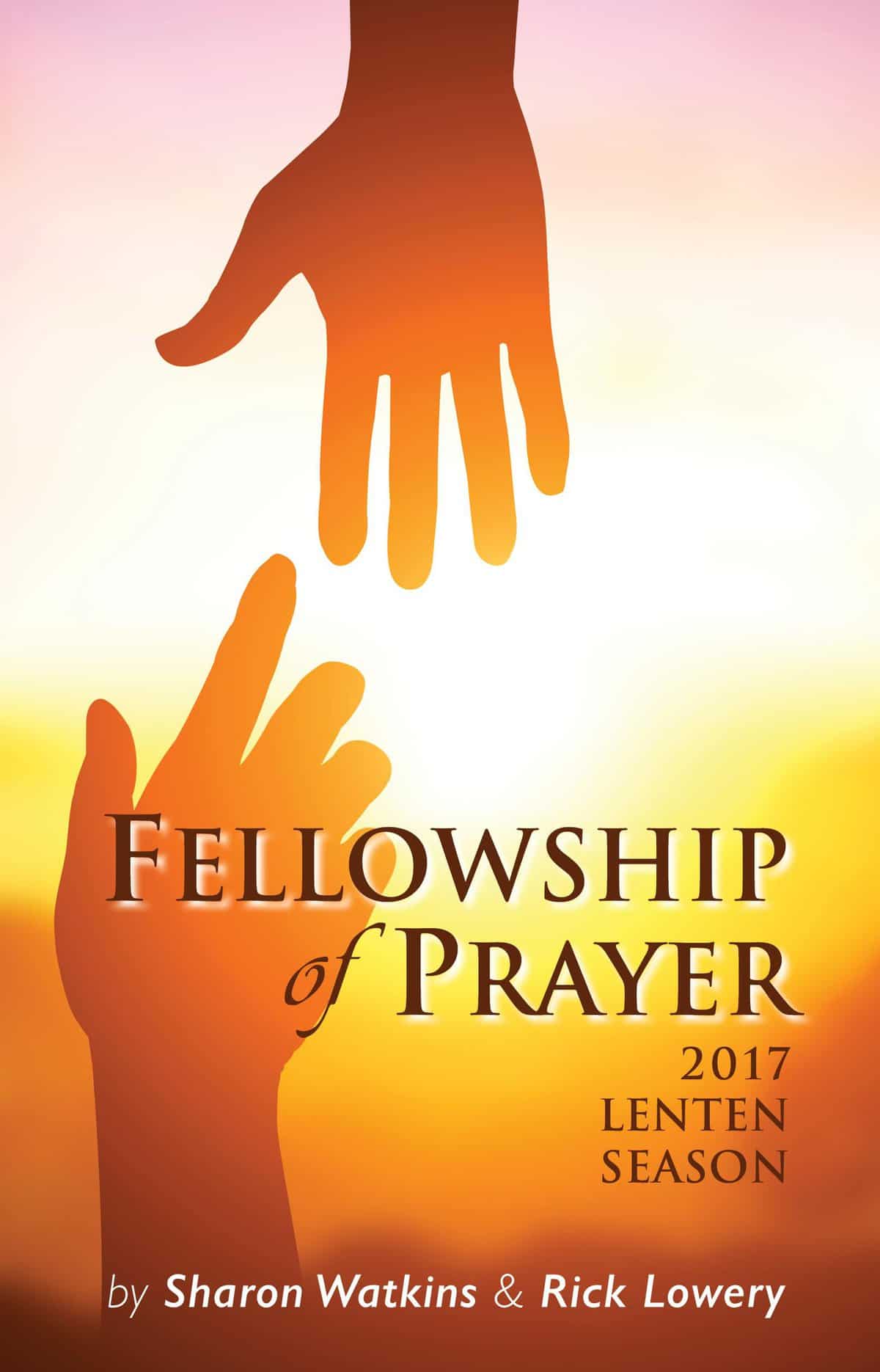
Read Isaiah 50:4–9a.
“The Lord God helps me… / I know that I shall not be put to shame.”
Today’s reading is from the third of the so-called “servant songs” in the portion of the book scholars call “Second Isaiah.” The songs are reflections on the experiences of a “servant,” often clearly identified as Israel as a whole, but sometimes apparently referring to some sub-group or individual among the exiles in Babylonia.
The “servant” in this song takes the persona of a teacher whose words stir anger and resentment. However, the teacher continues to teach, even when the reaction puts him in physical danger:
I did not turn backward.
I gave my back to those who struck me,
and my cheeks to those who pulled out the beard;
I did not hide my face
from insult and spitting
(Isaiah 50:5b–6)
To understand the servant’s courageous response, we need only remember six-year-old Ruby Bridges bravely walking through a violent, hate-filled mob in New Orleans to go to elementary school, as she was entitled to do; or the Rev. Lloyd Anderson Forman, who, the next day, walked his little daughter Pam through the same angry mob to begin to break the white boycott that followed Ruby’s admission; or John Lewis and other peaceful marchers crossing the Edmund Pettis Bridge in Selma, Alabama. These latter day “servants” and many others through the centuries suffered hatred and abuse, but, like the “servant” in our scripture today, they responded with determination and nonviolence to the vitriolic attacks of those who feared the power of their witness and the change it would bring.
God calls and equips us to join the long, difficult, but inevitable march of history toward freedom and justice for all. The personal cost is sometimes great, but, where freedom and justice are at stake, it is God who helps us. We will not be put to shame.
God of liberty and justice for all, give me the courage to speak, to act, and to meet fear with compassion and hatred with love. Amen.
Taken from Fellowship of Prayer. Reprinted by permission of Chalice Press.



One Response
Thank you for sharing this devotion it was a blessing for me! It is important as Christians to show love even to our enemies and to do as a means to express God’s love to others!